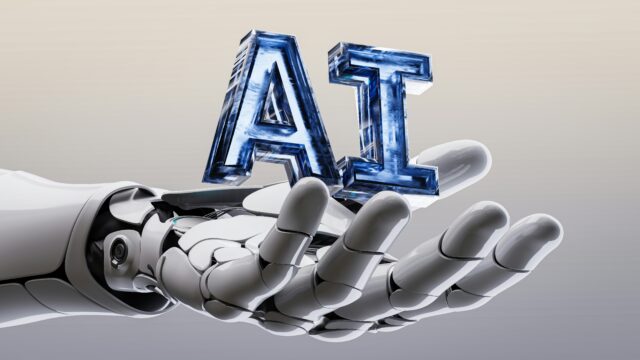Within just 4 hours, Business Today and Economic Times released contradicting opinions on how Artificial Intelligence and Machine Learning will affect employment in the IT sector. Despite the contrasting messages delivered by both articles, in a general sense, they complement each other.
It all began with research done by HfSResearch, a US-based research firm whose “mission is to provide visionary insight into the major innovations impacting business operations: automation, artificial intelligence, blockchain, digital business models and smart analytics.”
The study concluded, among other results, that India is to lose about 700,000 low-tier IT and BPO jobs by 2022. Considering the alarming nature of the discovery, the concern of many is justifiable.
However, the study showed more than just an employment armageddon. In the process of eliminating low-tier jobs, the study shows that the process will cause companies to create more jobs that comply to the AI-powered system, making them medium\high-tier jobs. Which is what Economic Times reported, stating that 92% of the 86 companies surveyed have created jobs related to Artificial Intelligence.
“There is a kind of renaissance in artificial intelligence that is currently going on… This creates a whole series of job roles and job roles will always evolve. In the short-to-medium term, which is what the report focuses on, there will not be massive kinds of job losses,” Ron Tolido, executive vice-president & Global CTO for Capgemini’s Insights & Data Practice, told Economic Times.
The second focus of the study was to gauge the effect of Robotic Process Automation (RPA) on routine worker jobs. In this area, the study found that the impact is more of an improvement on current jobs, rather than a replacement threat.
As a result of this ‘industrial natural selection’, robots are now getting more done, for a lot less. While this eliminates low-skilled repetitive manual labor jobs, it protects workers from the constant threat of work-related injuries, fatigue, and other, more realistic threats.
With an infinite flow of ‘smart’ technological advancements coming out on daily basis, it may simply be the right time to also make our labor smarter. In an article by ABC, the report shows that the fall of routine, mindless jobs only paves the way for more creative jobs and tasks.











